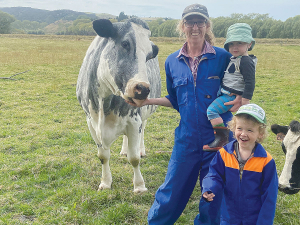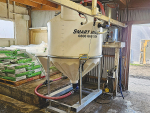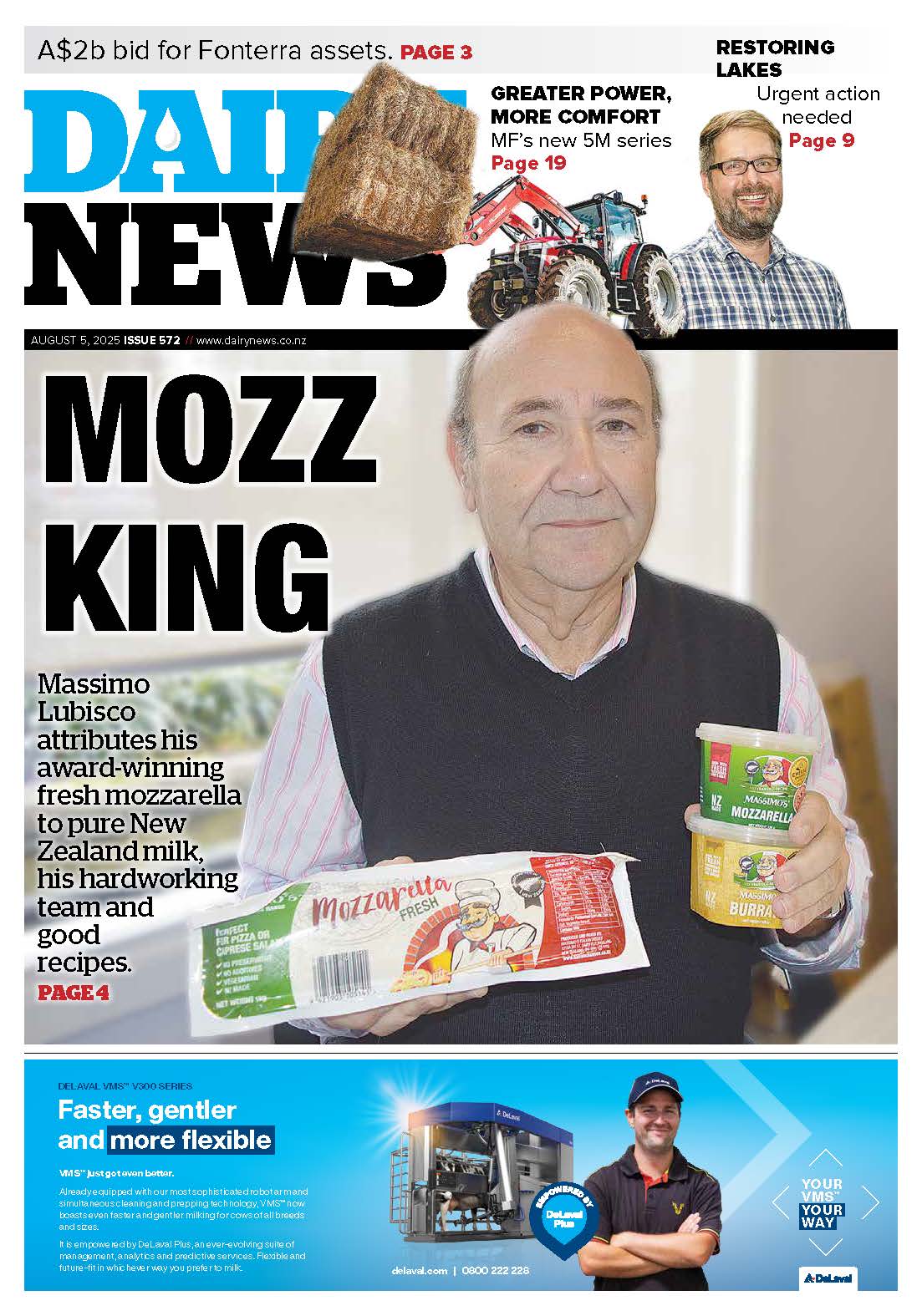A cutting-edge medical trial in Auckland last year showed that introducing enriched skim milk to sufferer's diets reduced both the severity and frequency of their gout attacks.
The trial was run by Auckland University's Medical School and Fonterra. The results mean the co-op is now proceeding with plans to commercialise its enriched skim milk formula.
The gout-fighting formula was enriched with both a specific peptide and milk fat which occur naturally in milk.
Fonterra's premium ingredients director of innovation and ventures, Joanna Mobley says the results mean gout sufferers could soon have a dietary intervention.
"We know that incidence of gout is growing in adult populations all over the world, so we expect this discovery to play an important part in our innovation strategy to support healthy ageing through advanced nutrition," Mobley says.
The commercialisation process is expected to take between one and two years.
Dr Nicola Dalbeth, Auckland Medical School's bone and research group, says the trial of 120 patients was the first in the world to look at a dietary intervention for the nutritional disease.
The patients were followed over a three month period – and those who received the enriched skim milk, on the whole, experienced half the number of attacks, in addition to a reduction in the amount of pain they suffered.
For centuries gout, an inflammatory arthritis associated with extreme joint pain, has been labelled "rich man's disease" thought to be induced by excessive consumption of rich foods and booze.
However, Dalbeth says genetics also play a huge role in the disease and that New Zealand and America have the highest rates of gout per capita – at around 4% of the population.
However, Maori and Pacific Island men have the highest rates of gout in the world – between 10 and 15% are sufferers, Dalbeth says.
"I think that the patterns of disease have changed a lot with gout. So, now in fact gout is common in all walks of life – it is strongly associated with obesity, strongly associated with kidney disease, heart disease and there are certainly genetic risk factors."















